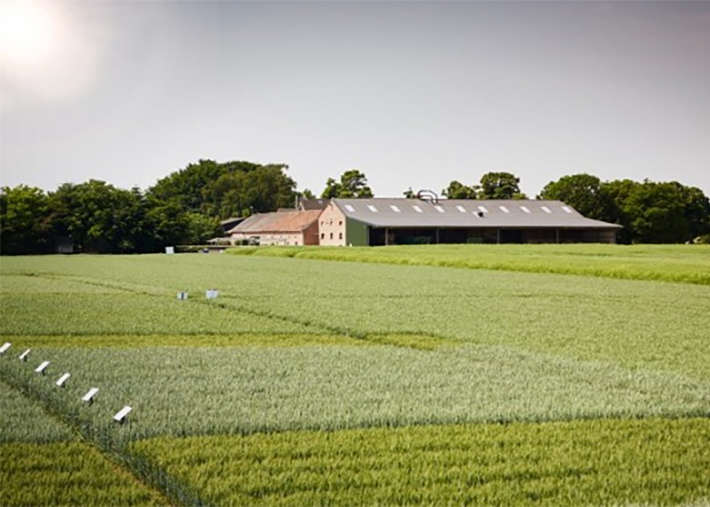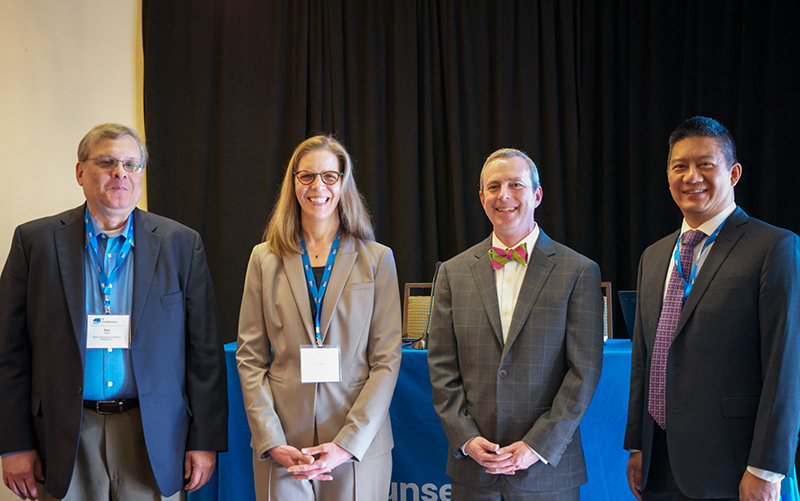There is a need for a new approach to agriculture and increased collaboration to combat hunger and protect the environment, participants learned during the Fields of Opportunity event hosted by BIO member Bayer on Monday in Rommerskirchen, Germany.
The event was held on the Bayer ForwardFarm—a 115-acre, six-generation family farm utilizing the latest agricultural biotechnology—“against the backdrop of the looming food, energy, and climate” challenges, which have impacted food security, quality, and prices around the world in 2022.
“The pressure on food systems and on the environment is greater than ever before, which is leading to an increase in global hunger,” said Rodrigo Santos, member of the management board of Bayer AG and president of the company’s Crop Science Division.
World hunger is on the rise just as the population is growing, as the UN data shows, and climate change already affects 21% of agricultural production, causing the equivalent of losing seven years of productivity growth.
New ideas for farming
Putting a spotlight on its solutions to increase sustainable food production, Bayer showed farmers that they can achieve both crop yield and sustainability with biotechnology, without having to choose between one or the other.
Bayer has several solutions in its pipeline that aim to achieve this win-win, including:
- Hybrid wheat developed with “genomic tools,” which can “provide higher yield and yield stability,” while also helping farmers “save inputs like fuel, fertilizer, and crop protection,” Bayer said. Bio.News has previously reported that, with the growing risk of drought, gene-edited wheat is gaining acceptance.
- Biological crop protection, like the next-generation “biologic” pesticides made from peptides that several biotechs are developing. Bayer has also been investing “in companies that work on sustainable alternatives to nitrogen fertilizers,” Bayer said.
- Carbon farming, such as “low-till farming and the use of cover crops help improve soil health and reduce soil erosion,” benefits the environment and also has nutrition benefits.
The company also noted that Bayer’s Carbon Initiative opens up new revenue streams to farmers in the form of carbon credits, “by reimbursing them for carbon farming activities and by connecting them to the global carbon markets.”
In order to get all these tools to farms, an array of policies is needed—including proposed legislation to create voluntary certification programs to help farmers take advantage of carbon farming, and a regulatory framework that enables farmers and ranchers to adopt tools like precision plant breeding, biostimulants, and more.




